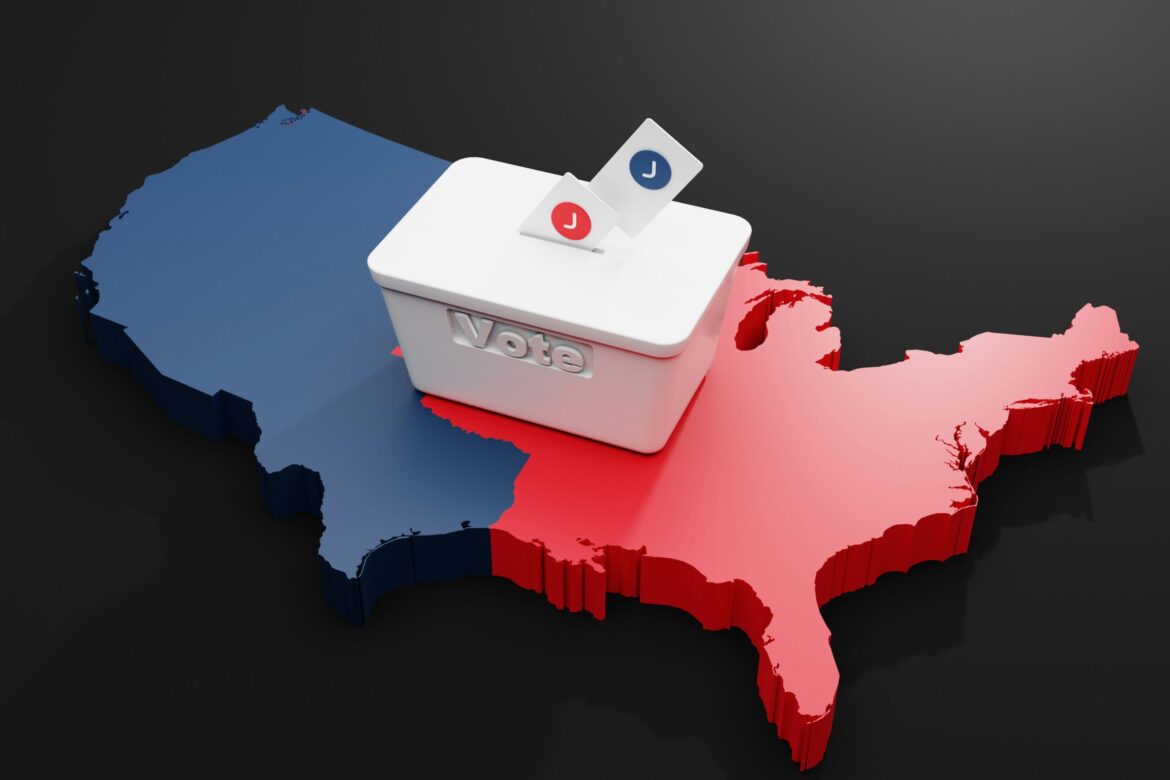In a move that has ignited fierce partisan debate, the U.S. House of Representatives passed the National Voter ID Act during the week of January 22–28, 2025. The legislation, championed by Representative Byron Donalds (R-FL), mandates that all states implement uniform identification requirements for federal elections, marking a major shift in election policy at the national level.
The bill was approved along party lines in the Republican-majority House, with GOP lawmakers touting the measure as a necessary step to bolster public confidence in the electoral system. Supporters of the bill argued that consistent ID standards will prevent fraud and reinforce the legitimacy of election outcomes. House Speaker Mike Johnson praised the legislation as “common-sense reform that the American people overwhelmingly support.”
Public opinion polls have consistently shown that a majority of voters favor some form of identification requirement at the polls. Republican leaders seized on that sentiment, portraying the bill as a reflection of popular will rather than partisan ideology. “Our constituents want to know that every legal vote counts and that our elections are secure,” said Rep. Donalds during floor debate.
Democrats, however, were quick to decry the bill as a thinly veiled effort to suppress voter turnout among historically marginalized groups. They argued that strict ID laws could disproportionately affect low-income voters, seniors, and communities of color who may face barriers in obtaining the required documentation. Minority Leader Hakeem Jeffries called the bill “an attack on the fundamental right to vote” and pledged that Senate Democrats would do everything in their power to block its advance.
Civil rights organizations and progressive advocacy groups echoed those concerns, warning that the bill could lead to widespread disenfranchisement. The ACLU and NAACP Legal Defense Fund issued statements condemning the legislation and urging the Senate to reject it.
Meanwhile, conservative activists celebrated the bill’s passage as a long-overdue victory in their campaign for stricter election security measures. Groups such as Heritage Action and Turning Point USA lauded the House vote, calling it a sign that Republicans are serious about restoring trust in democratic processes.
Despite its passage in the House, the National Voter ID Act faces an uphill battle in the Democrat-controlled Senate, where it is likely to stall without significant bipartisan support. Even if it fails to become law, the bill’s introduction and approval have energized Republican voters and may serve as a rallying point heading into the 2026 midterm elections.

